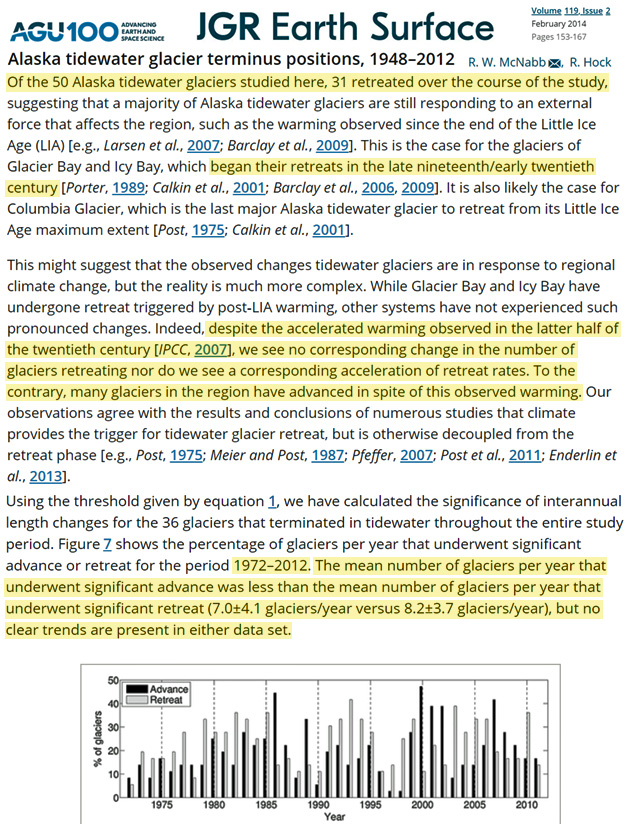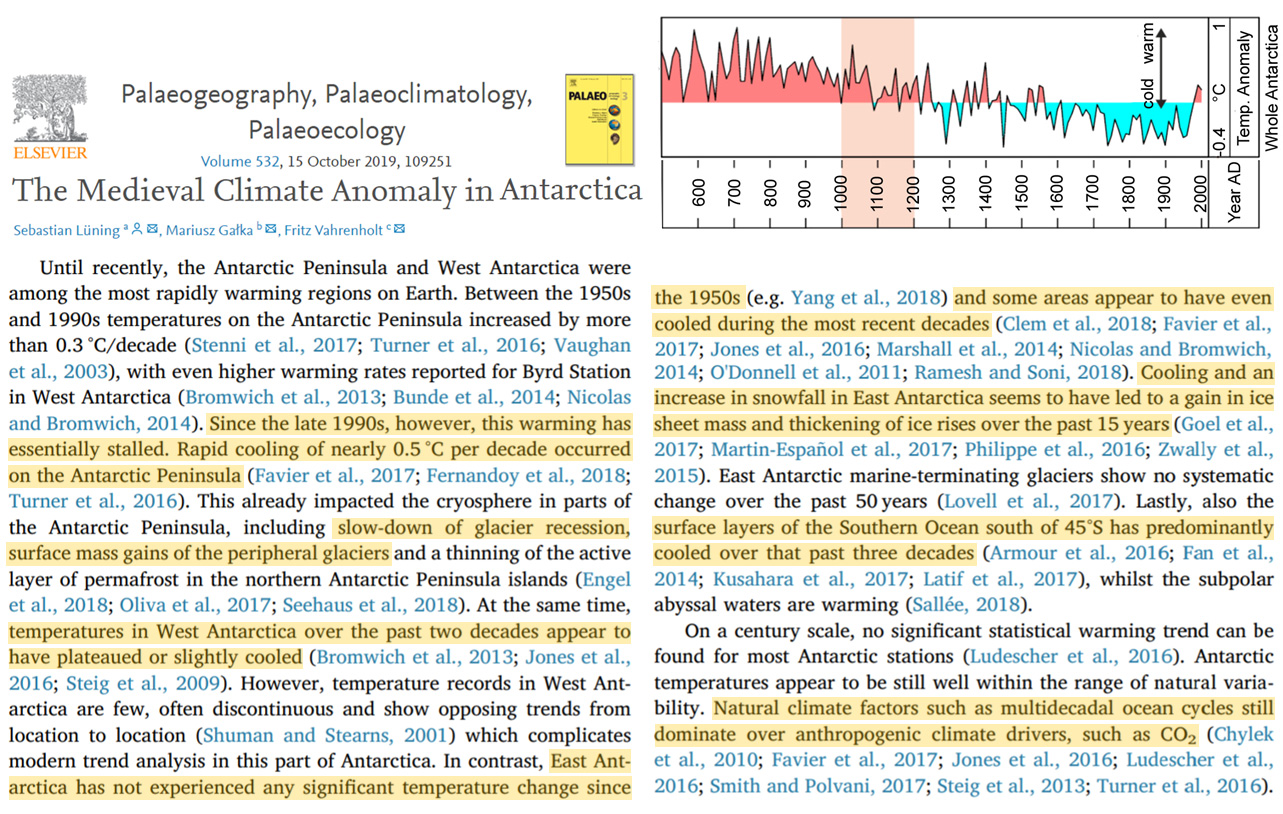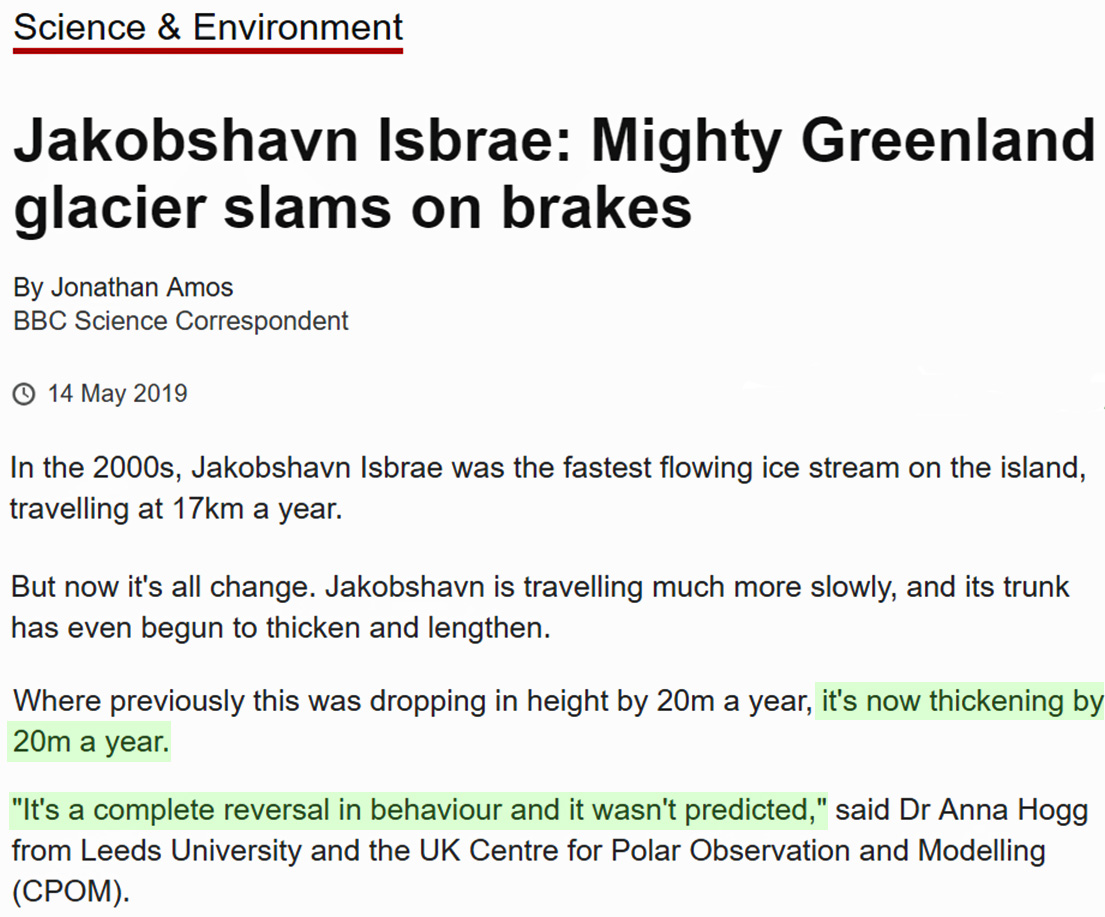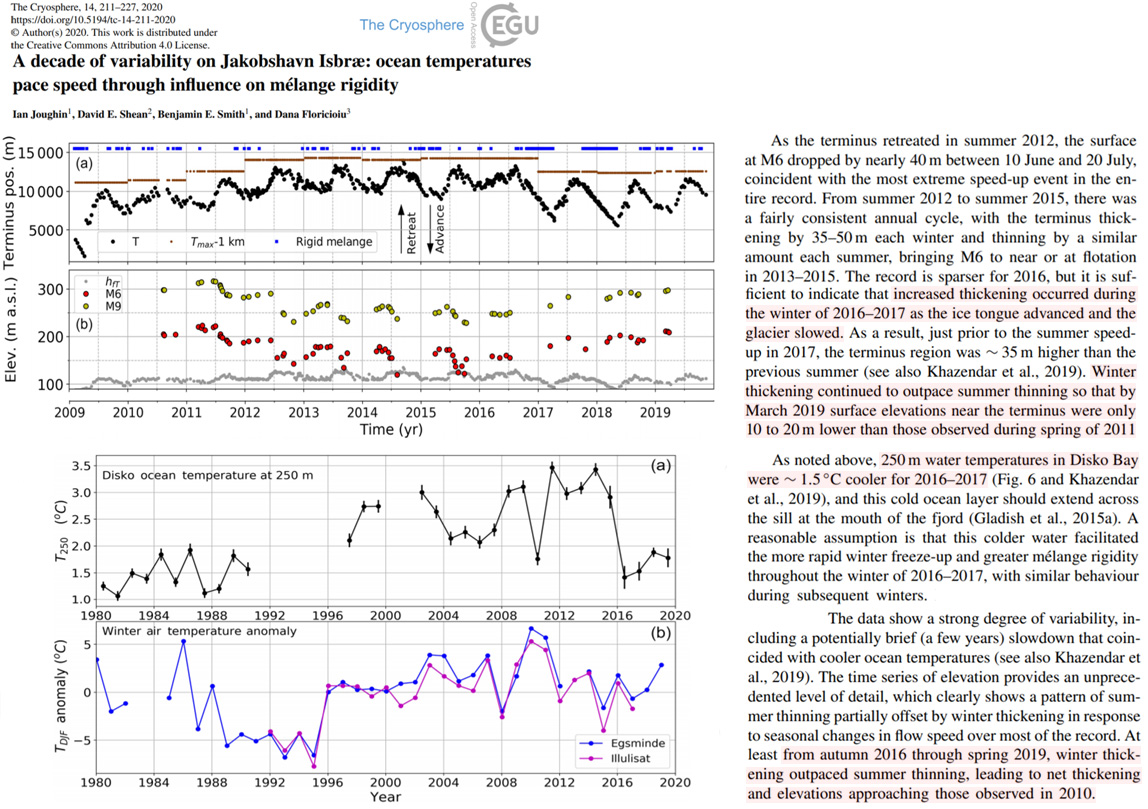- Joined
- Jan 28, 2013
- Messages
- 94,823
- Reaction score
- 28,342
- Location
- Williamsburg, Virginia
- Gender
- Male
- Political Leaning
- Independent
That's the claim that remains unverified, and looks like it may be a hoax. Please see #57.
That's the claim that remains unverified, and looks like it may be a hoax. Please see #57.
Quite a lot of people seem to disagree
Record high Antarctic temperatures spark global sea rise worries
Unverified.
The sea-level rise due to Antarctica has been estimated to be 0.25 mm per year from 1993–2005, and 0.42 mm per year from 2005 to 2015. All datasets generally show an acceleration of mass loss from the Antarctic ice-sheet, but with year-to-year variations.
:roll:
That's a 70% increase in less than 10 years....for those who suck at math.
Thwaites Glacier sits right over a concentration of volcanoes.
Temperatures in most of Antarctica are stable or falling.
Hmmmmm no reference. Hmmmmm.
Climate change: Study underpins key idea in Antarctic ice loss - BBC News

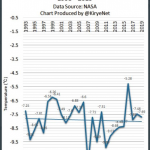 [h=2]Greta’s, The Guardian’s Latest Panic Attack Over Antarctica Record Ignores Cooling Trends Of Recent Decades[/h]By P Gosselin on 15. February 2020
[h=2]Greta’s, The Guardian’s Latest Panic Attack Over Antarctica Record Ignores Cooling Trends Of Recent Decades[/h]By P Gosselin on 15. February 2020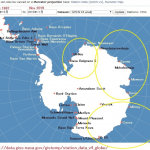 [h=2]Majority Of East Antarctic Stations Show Cooling Or Stable Temperature Trends[/h]By P Gosselin on 31. January 2020
[h=2]Majority Of East Antarctic Stations Show Cooling Or Stable Temperature Trends[/h]By P Gosselin on 31. January 2020Antarctic Ice Loss Tripled, from near zero to an extremely tiny number! (Nobody mention those volcanoes)
Quick — tax the magma
It’s another round of Antarctic Doom about next to nothing. In April Antarctica’s ice was melting five times faster than usual. Now it’s losing ice three times faster in the last five years than the 15 before that! What you won’t hear is how the Antarctic ice cap has 29 million cubic kilometers of ice and has been there for 30 million, mostly warmer, years. You also won’t hear how Antarctica was warmer in Roman Times, or that the Antarctic Peninsula has cooled by almost 1 degree.
You also won’t hear a word about any volcanoes
The new paper has zero mentions of the word. But other scientists have published plenty of papers describing how the West Antarctic zone is being warmed from below by 1200 degrees of magma. According to scientist Dustin Schroeder and co, it is as if the Thwaites Glacier in West Antarctic is sitting on a “stovetop burner”.[1] His words. Thwaites Glacier,, smack in the middle of the warming is being melted from below by geothermal heat. Then there is the large blob of superheated rock 60 miles below West Antarctica. The researchers use the phrase “like a blow-torch”…. Capping it off, only [...]
[h=2]Greta’s, The Guardian’s Latest Panic Attack Over Antarctica Record Ignores Cooling Trends Of Recent Decades[/h]By P Gosselin on 15. February 2020
In her latest panic attack, teenage Swedish climate activist Greta Thunberg – citing the Guardian – once again appeared to be proclaiming the end of the world was a step closer when she tweeted Antarctica has set a new record high temperature: 20,7°C on Seymour Island off Antarctica… https://t.co/OiIdlQIl6A — Greta Thunberg (@GretaThunberg) February 13, […]
Posted in Antarctic | 10 Responses
[h=2]Majority Of East Antarctic Stations Show Cooling Or Stable Temperature Trends[/h]By P Gosselin on 31. January 2020
By Kirye and Pierre Gosselin A few days ago we looked at the Antarctic peninsula stations and saw that over the past 2 decades 13 of 13 of these stations showed cooling trends. Today we look at 12 stations located at the eastern side of Antarctica, where temperatures are colder: Below the stations’ data from […]
West Antarctica is where the volcanoes are.
Thwaites Glacier sits right over a concentration of volcanoes.
Temperatures in most of Antarctica are stable or falling.
Neither unusual nor noteworthy.
But... I thought the volcanos were warming it!
Oh, that was a different thread and different denier blogs.
